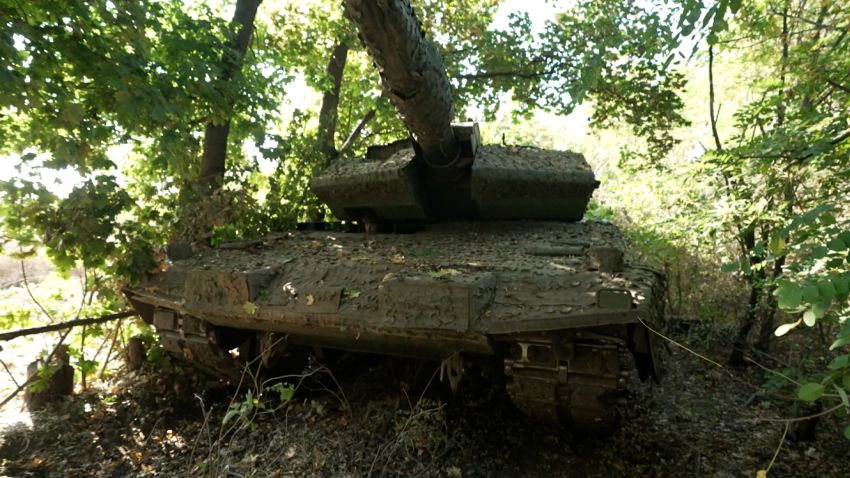The European Union’s goal of supplying Ukraine with 1 million rounds of artillery ammunition is unlikely to be achieved, Germany’s defense minister said Tuesday, as Kyiv remains locked in a grinding war of attrition against Russia with winter approaching.
“It can be assumed that the 1 million rounds will not be reached,” Boris Pistorius said ahead of an EU defense ministers meeting in Brussels. EU member states are working with industry to ramp up production, he added.
In March, EU member states agreed to provide Ukraine with 1 million rounds of artillery ammunition for Ukraine to be delivered within 12 months.
Pistorius’ warning came a day after Josep Borrell, the EU’s high representative for foreign affairs and security policy, said the bloc may not meet targets for ammunition production to supply Kyiv by the end of the year, but said efforts were underway to increase production capacity.
In the short term, armies have been asked to provide ammunition from existing stocks, amounting to approximately 300,000 shots, Borrell said.
Borrell added that, on the production side, several contracts had been awarded, but it depends how quickly factories can produce the ammunition.

‘Ringing the bells’
Both Ukraine and Russia need to replenish extraordinary amounts of ammunition as a grinding war of attrition continues in Ukraine’s east and south. According to South Korea’s National Intelligence Service, North Korea has exported more than 1 million shells to Russia since early August. The US has also been ramping up ammunition production to supply Ukraine.
Ukraine’s Foreign Minister Dmytro Kuleba said Kyiv urgently needed the EU to ramp up its ability to supply ammunition for the Ukrainian military.
Ukraine is “ringing the bells a lot and loudly” over EU ammunition supply, he said on national television on Monday night. “I believe that the reason for these issues is not the lack of political will in the EU to support Ukraine,” he said. “There is such political will, but, let’s say, [there is the] deplorable state of the defense industry that is capable of producing a sufficient number of shells, and warehouses, and the ability to conclude foreign contracts.
Since the start of the conflict in Ukraine, Western allies have been openly concerned about their ability to provide Kyiv with the amount of ammunition it requires – and their ability to manufacture fast enough to replenish dwindling stocks.
Western manufacturing of conventional ammunition went into decline following the end of the Cold War, as countries focused instead on modern equipment. Very few seriously believed another large-scale land war would take place in Europe.
“The combination of no immediate threat and the financial pressures on European governments over the past couple of decades led to a conspiracy of dressing the shop window while letting the stockroom empty out,” Nick Witney, senior policy fellow at the European Council on Foreign Relations, told CNN earlier this year.
This “dressing the shop window” approach helps us understand why European countries had low ammunition stocks going into the Ukraine conflict, but doesn’t explain why things didn’t dramatically improve in the year that followed.
Experts point to a range of factors. “There are limits to production increases that can be done quickly. More significant boosts to output will be expensive and take time to implement,” said Tom Waldwyn, research associate for defense procurement at the International Institute for Strategic Studies, told CNN in February.
“No private company that is answerable to shareholders will have kept staff and maintained large capacity to produce equipment that people are not buying, so it will be difficult to meet a sudden surge in demand in the short to medium term,” Waldwyn added.

